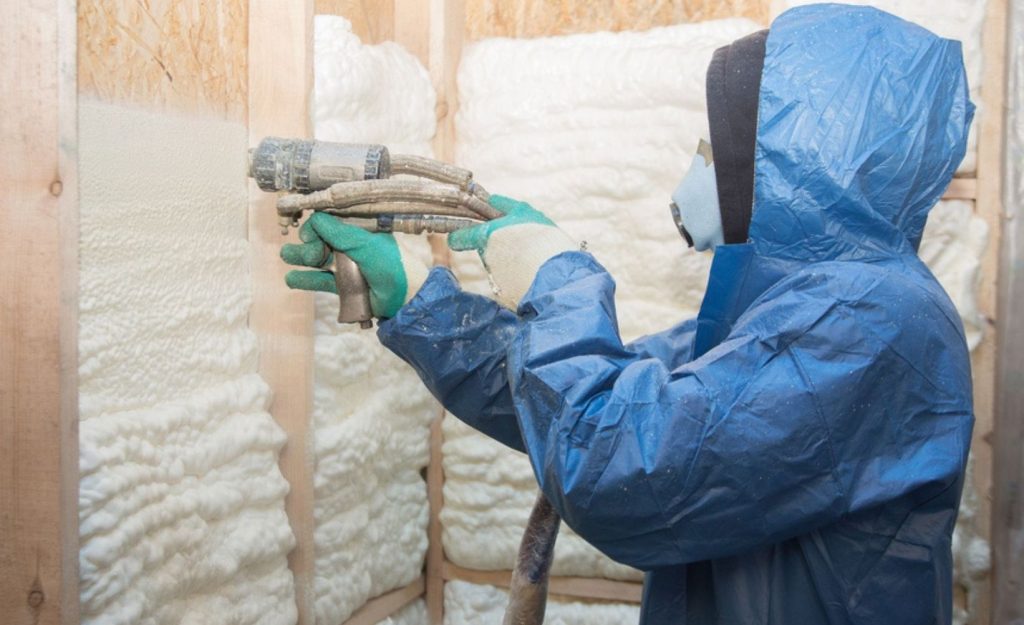Insulation Service Offers Brightening Lives, Reducing Footprint
In today’s world, the importance of sustainability and environmental consciousness has never been more apparent. As we grapple with the consequences of climate change and depleting natural resources, the need to adopt eco-friendly practices becomes increasingly urgent. One such service that plays a pivotal role in both brightening lives and reducing our ecological footprint is insulation.
The Power of Insulation
Insulation, in its simplest form, refers to the materials and techniques used to prevent the transfer of heat, sound, or electricity from one area to another. While it is commonly associated with keeping homes warm during winter, its benefits extend far beyond mere thermal comfort.
Brightening Lives
Enhanced Comfort: Proper insulation creates a cozy living space that shields inhabitants from extreme temperatures, making homes comfortable havens throughout the year. By maintaining a consistent indoor climate, occupants can experience better physical and mental well-being, fostering a brighter and happier lifestyle.

Energy Efficiency: Insulation not only keeps homes warm in winter but also maintains a cool interior during scorching summers. This reduced dependency on artificial heating and cooling systems not only lowers utility bills but also enhances energy efficiency, reducing the strain on power grids and minimizing greenhouse gas emissions.
Noise Reduction: A well-insulated space can also dampen external noises, providing a peaceful and tranquil environment for residents. This aspect is particularly vital in urban settings, where noise pollution can be a significant source of stress and discomfort.
Reducing Footprint
Lower Carbon Emissions: Inefficient buildings are significant contributors to carbon emissions, which accelerate climate change. Proper insulation reduces the need for excessive energy consumption, subsequently leading to a reduction in carbon footprints and mitigating environmental degradation and go to page.
Sustainable Building Practices: Insulation materials have evolved over the years to include eco-friendly options, such as recycled cellulose fibers, wool, and even recycled denim. By choosing these sustainable materials, the construction industry can actively contribute to reducing their environmental impact.
Longevity and Durability: Adequate insulation can protect buildings from moisture, mold, and decay, significantly extending their lifespan. This reduction in the frequency of reconstruction and repairs results in less waste generation and conserves resources.
Insulation Innovations
To maximize the positive impact of insulation on both lives and the environment, continuous innovation is crucial. Fortunately, the insulation industry has embraced technological advancements and sustainable practices.
Smart Insulation: Integrating smart technologies into insulation systems allows homeowners to monitor and regulate indoor temperatures and energy consumption more efficiently. This real-time data empowers them to make informed decisions, further optimizing energy usage and reducing waste.
Eco-friendly Materials: As mentioned earlier, the development of insulation materials using recycled or renewable resources is on the rise. These sustainable alternatives effectively trap heat, reduce energy demands, and have a lesser environmental impact.
Building Codes and Regulations: Governments worldwide are recognizing the importance of energy-efficient construction. By implementing stringent building codes and regulations that emphasize proper insulation practices, they encourage the adoption of eco-friendly insulation techniques on a larger scale.